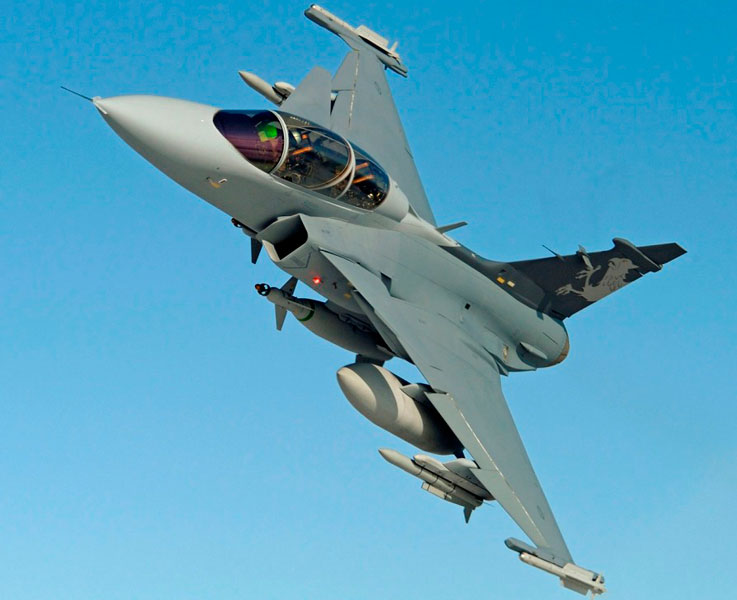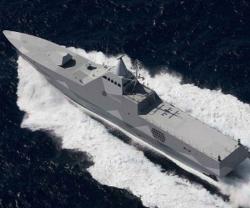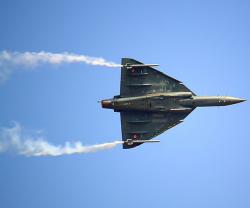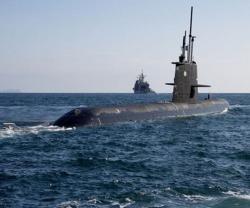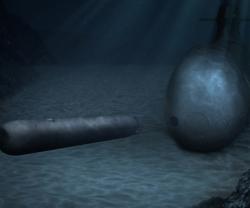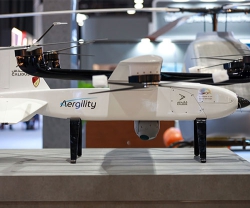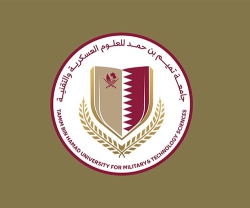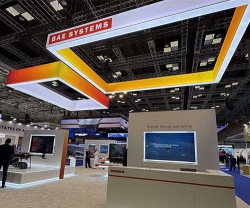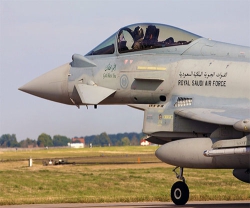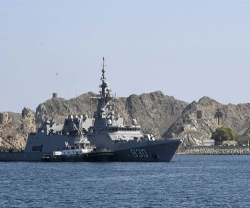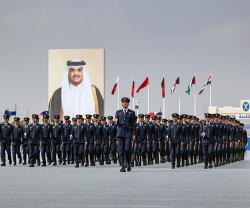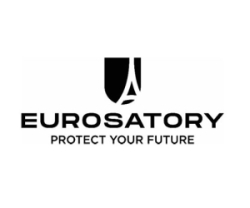Exploiting a loophole in Western sanctions, Iran is importing a high grade of refined alumina ore from several European countries including Germany and France that Tehran could be using to make armor parts and missile components.
Western measures imposed on Iran over its disputed nuclear program have hit many sectors of its economy including steel and other metals, where it is heavily dependent on imports. Tehran says its atomic work is peaceful.
The refined ore has been excluded from European Union sanctions, but tightened U.S. sanctions that came into effect on July 1 seek to close the loophole. According to a U.S. Treasury briefing, the latest measures will cover “raw or semi-finished metals” that include aluminum.
“After July 1, new sanctions will blacklist metals trade with Iran including aluminum, coal, steel, gold, silver and platinum amongst others, and should include alumina,” said Mark Dubowitz, who has advised President Barack Obama's administration and U.S. lawmakers on sanctions.
Alumina is a refined version of the raw ore bauxite. It is typically used to make aluminum, but in its high purity or 'chemical grade' form, it has non-metal applications that have sensitive military uses.
Export data from independent firm Global Trade Information Services showed that between January 2012 and March 2013, around 4,000 tonnes of alumina had been sold to Iran mostly from Germany and France, but also from Slovenia, Italy, Hungary and Belgium.
Experts and traders say the high price paid of $700-$1,000 a tonne and relatively low amounts involved indicated the exports were most likely high purity chemical grade alumina.
Mark Gorwitz, previously with the U.S. Department of Defense and now a consultant specializing in nuclear and missile-related technologies, says Iran is able to manufacture weapons grade ceramic composites using chemical alumina.
“Iran definitely has the ability to manufacture missile parts locally. They've done quite a bit of work on ceramic composites made with alumina, and used for manufacturing armor parts and missile components like nozzles and radomes,” he said.
Chemical alumina, a powder, has to be combined with other materials to make ceramic composites for missiles and armor.
A spokesman for Tehran's UN mission in New York said sanctions were “counterproductive in terms of confidence building between Iran and some members of the Security Council who level some allegations against my country”.
“Iran has never violated its international commitment and always remains committed to its obligations,” he said.
Data from the International Aluminum Institute showed Europe produced 2.38 million tonnes of chemical grade alumina between January 2012 and June 2013, accounting for about a third of the total chemical alumina produced globally.
Earlier this year, Switzerland-based commodities giant Glencore Xstrata said it had done nothing wrong when they engaged in alumina-for-aluminum swap deals with Iran. Another Swiss group Trafigura was involved in similar deals.
One industry source said at present alumina made in Europe was reaching Iran via middlemen operating from the Middle East Gulf. Alumina can be shipped in general cargo vessels.
Source: Reuters

